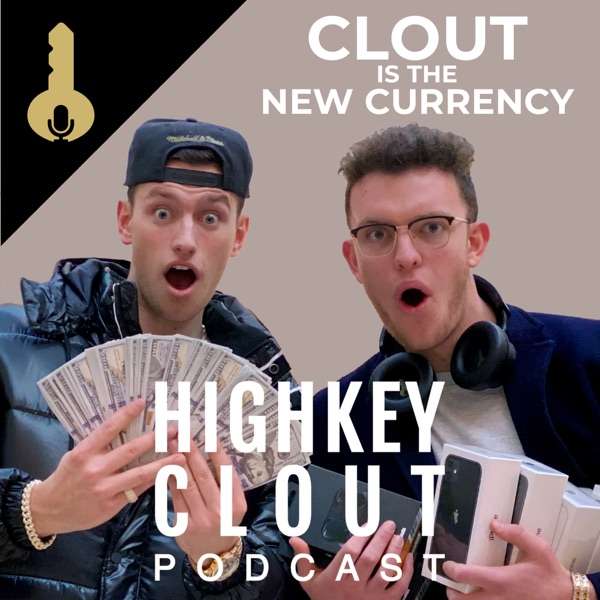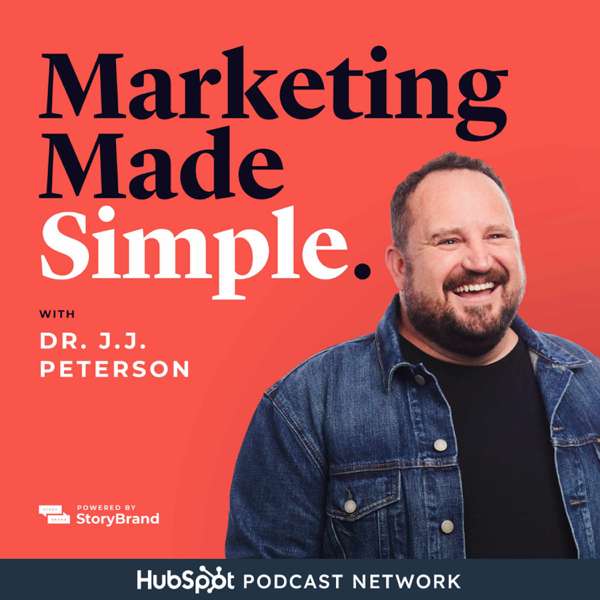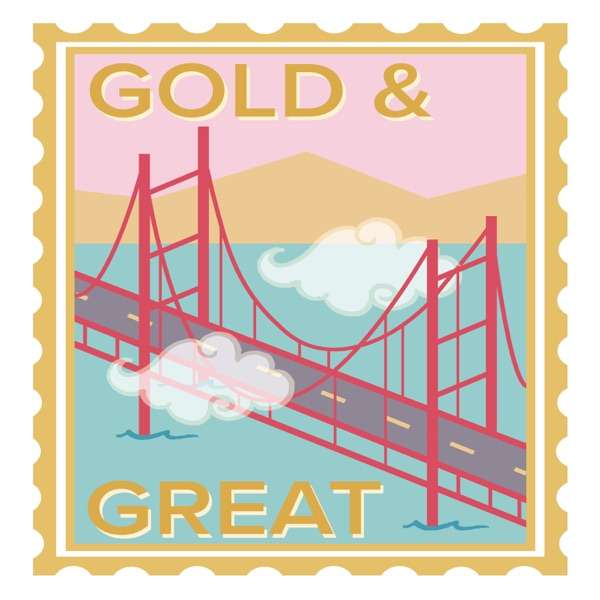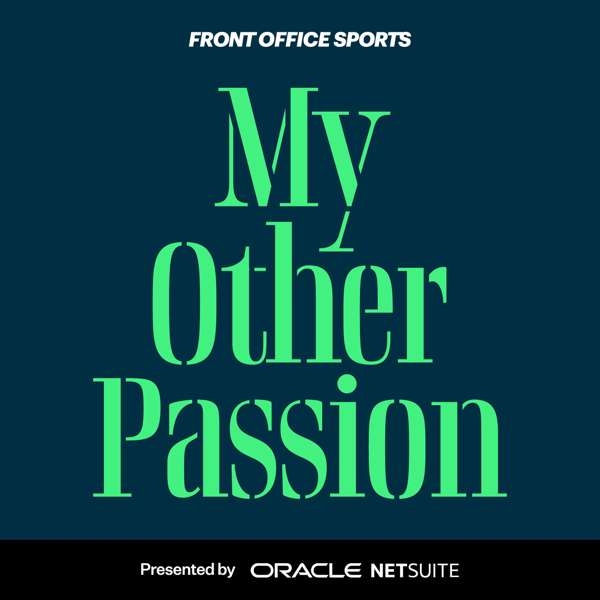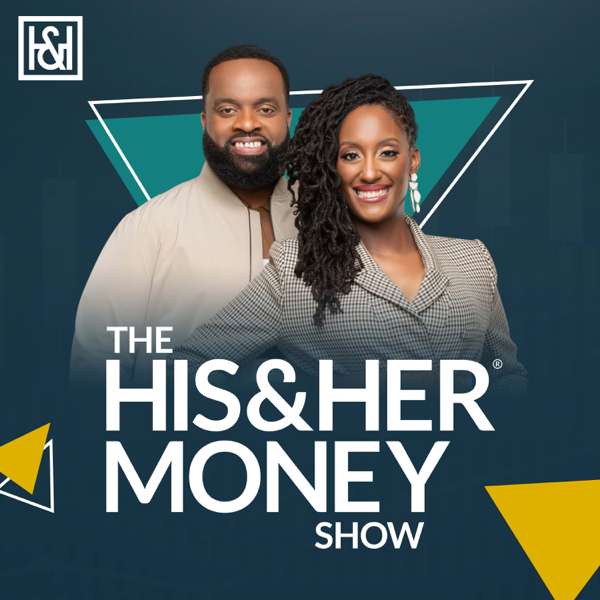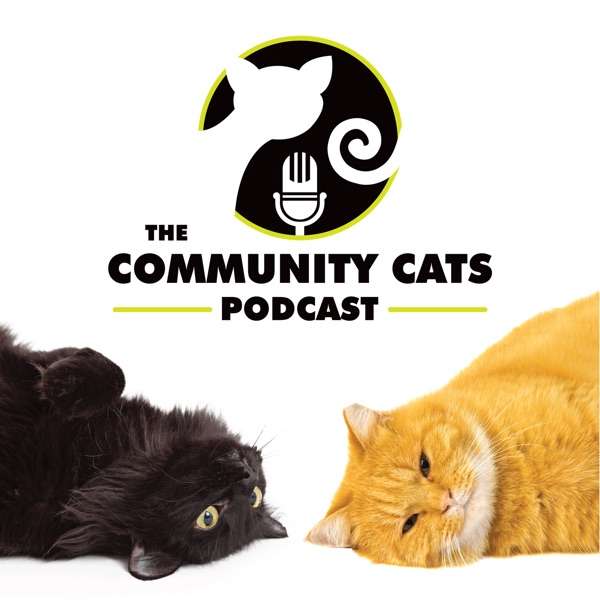On this episode of the ACB Advocacy Update Podcast, Clark Rachfal is joined by Matt Ater to answer the question everyone is asking: “Who is Vispero?”
Matt explains that ACB members most certainly know Vispero through their products and services offered by: Enhanced Vision, Freedom Scientific, Optelec, and the Paciello Group.
Clark and Matt conclude the conversation by teasing some, but not all, of the special announcements and promotions that Vispero will have at the ACB 58th annual convention in Rochester, NY.
To learn more about Vispero, visit: www.vispero.com.
To register for the ACB annual convention, visit: www.acbconvention.org.
And, please share your ideas for future podcasts with us at: advocacy@acb.org.
Transcript of the Advocacy Update Podcast:
Automated: 00:02 You are listening to the ACB Advocacy Update.
Clark Rachfal: 00:12 Hello everyone and welcome to another edition of the ACB Advocacy Update Podcast. My name is Clark Rachfal. I'm the Director of Advocacy in Governmental Affairs for the American Council of the Blind, and today it's just me. Clair is out in San Rafael, California at Guide Dogs for the Blind, training with her new potential guide dog. If you'd like to learn more about what it's like going to a guide dog school and training with a dog, you can check out the Facebook Live video that Claire just did and that is on the American Council of the Blind Facebook page. Today we are joined by a friend of ACB who works in the accessible technology space, and that is Matt Ater, with Vispero. Say hello, Matt.
Matt Ater: 01:14 Well, good afternoon, Clark. How are you doing today?
Clark Rachfal: 01:17 Doing well. And yourself?
Matt Ater: 01:19 I am doing wonderful. It's a beautiful day outside. Of course when people listen to us, you never know what the weather's going to be like, but life is good.
Clark Rachfal: 01:28 That's great. I know a lot of our listeners are excited for the role that Vispero's going to play at the ACB Annual Convention in Rochester, and we'll certainly get to those activities here in a bit but, Matt, why don't you share with the listeners a little bit about yourself and your background?
Matt Ater: 01:49 Sure. So I've been in the, I'll start with kind of the assistive technology field, prior to accessibility, but assistive technology field since I guess 25 years now. I've graduated from the University of Alabama with broadcasting degree and came back up to the DC area and decided that I wanted to go into more of the training and consulting field and spent a few years training federal employees around the country on how to use screen readers at jobs, teaching them how to use braille displays. I think government agencies, video magnifiers, large-print software, things of that nature.
Matt Ater: 02:36 I did that for a couple of years, then went to go work for a nonprofit in Washington DC running the assistive technology department where we did a lot of training of end users, again, across the United States, so that was five years of my career. I did that. And then in early 2000s I did a little bit of a stint in working with the product lines and then eventually jumped into running government contracts for... I did about six years of running a project for the Social Security Administration, running their assistive technology support services. Which included installing equipment, training the users, configuring the software, deploying the software, providing a help desk, full-level support for any of the employees within that agency.
Matt Ater: 03:41 And I jumped out of assistive technology for a few years to just kind of learn IT services and then landed into accessibility for four years. I joined Vispero, at that time Freedom Scientific, and I'll give a little background on who Vispero is in a few. But I joined Freedom Scientific in 2014 to start a consulting division for Freedom Scientific. They found that they had a lot of customers who were in corporate environments needing support and training and configuration and customization and scripting and all of these kinds of things so basically we started a group to support those larger customers to make sure that software was working right when people went to work.
Matt Ater: 04:34 Eventually, after a year, I started getting more into the accessibility side of it and a started with two employees and grew to about 25 employees and then later we acquired another company which added another 40 employees and then another year bought another company that had another 10 employees and got to a point where I said, "Well, it's time to change again." So I'm still with Vispero but I moved back, not running the consulting practice now and more helping large enterprises look at the total package when it comes to all of our product lines and brands within the Vispero family of brands. So that's kind of the last 25 years wrapped up into a few minutes.
Clark Rachfal: 05:29 That's fascinating, Matt. Do you have a history as an assistive technology user, especially at your time at the University of Alabama and throughout your career?
Matt Ater: 05:40 Boy, it's a flashback when you think about going to college, pre-Windows. I was born with a condition called hydrocephalus, water on the brain, and when I was six years old the water pressure cut off blood supply to the optic nerves so I've lost most of my vision in my left eye and my right eye is about 26/100 tunnel vision. So I am a screen reader user today. It's funny, I've always told people my vision didn't get worse as time went on, technology just got better to the point that I became lazy and wanted to listen instead of see the screen.
Matt Ater: 06:24 I can use large print but it takes a lot of time to read it and it's tiring on the eyes and so I use screen readers and braille at this point. I carry a handheld magnifier in my bag and I carry a braille display with me everywhere I go to type into my phone. And I have large-print software on the computer as well as a screen reader but from the day-to-day I would rather listen to the computer than I would try to see it with my eyes.
Clark Rachfal: 06:56 Yeah. I think a lot of people that have low vision or deteriorating vision probably have a similar story. So for me, personally, I have Leber's congenital amaurosis and I started out with large print and magnifiers, then moved to CCTVs. My introduction to accessibility software was ZoomText and then ZoomText Level 2 with speech and now JAWS. So I'm very familiar with those products in the Freedom Scientific portfolio. But that's only one aspect of the work that Vispero is doing now. I think a lot of our listeners are probably familiar with Freedom Scientific but is there anything new going on with Freedom Scientific, whether that's JAWS, Fusion, ZoomText or anything else?
Matt Ater: 07:48 Yeah. I definitely can dive into that. I think it would be great for me to kind of break down what Vispero is because a couple of years ago we were sold and then acquired and merged with Optelec and then eventually some other companies and I'll go through all of them. So I think everybody's probably been confused with all the name changes.
Clark Rachfal: 08:13 Sure.
Matt Ater: 08:17 Think of Vispero as more of a holding company. It's somewhere that deals with our dealer channels and things of that nature. But most customers we have have relationships with our actual companies and brands. And you just said that most people are familiar with Freedom Scientific because of JAWS and ZoomText and Focus Braille Displays and RUBY handheld magnifiers and lots of other stuff with Fusion and so on. And I think with every person, they have their preference in terms of what brand they feel comfortable with.
Matt Ater: 08:56 So in this family of companies we have the four brands of Freedom Scientific, which we just ran through the majority of those products. Then Optelec, which is primarily video magnification. They do have a standalone scan-and-read system and they have traditional handheld magnifiers, as they call them, professional products that are mostly sold through the doctor channels. And then primarily you're talking about things like the ClearView. I'll talk about the ClearView GO in a little bit. Compact handheld magnifiers, the Compact 6 and so on.
Matt Ater: 09:42 And then the other hardware company that's part of this family is called Enhanced Vision. They're based in Huntington Beach, California. They're, again, worldwide and the product lines are things like Merlin, Jordy. They, of course, have the Pebble handheld and some other things like that. When you look at all of the products, they're very similar in nature but have a different maybe look and feel. And probably like going to try on different shirts, and you find a shirt that fits you. This technology is very personal to people.
Matt Ater: 10:27 As we know with braille cells and we know with large-print devices, and even with screen readers with voices, I'm perfectly fine using Eloquence, like you are, but the next person wants to use Vocalizer because it's more soothing to them listening to it. And so if you look at those three brands, and I'll get to the fourth in a minute, what you're talking about is three companies who make very similar hardware. The buttons are slightly different in each product. The features are primarily the same. But the buttons are different, the color may be slightly different. The shape and size of the screen may be slightly different.
Matt Ater: 11:09 And we'll continue to keep those brands because they're very unique to the markets they fit. The distribution channel that is across Vispero family of companies is unmatched in this space. A dealer in Texas covers certain products and the guy in Minneapolis covers different products and there may be a different dealer, but they may hit different customer bases. And that's why they can still be multiple brands within a family of products is because they have different customers. And when you think about the number of people who are buying direct from us, it's small in numbers compared to the numbers of people who are buying from the local channels.
Matt Ater: 12:00 The fourth company is called the Paciello Group and this is the one I mentioned that a couple of years ago we acquired and it was really to boost the accessibility services that Freedom Scientific was doing and then later we also acquired a company called Interactive Accessibility and so the three companies consulting practices are all merged into one called the Paciello Group and we can shorten that and just call it TPG. Let's just keep it simple because it's easier, right?
Matt Ater: 12:38 The neat thing about this is that it's very complementary to selling software. Because we have customers all around the world who are challenged with accessibility issues and sometimes people say, "Well, it's because JAWS doesn't do something right." And there's always a chance that that can happen. But at the same time, it's a lot to do with whether or not people code things correctly. So this is why it's very complementary to the software side is because we get to, now, when people have concerns or issues and whether it's a website you're trying to buy shoes on or a kiosk you're trying to access and work with, obviously you may be using JAWS on that or ZoomText or some other product. But now we have the consultants who actually can work with those companies to solve their problems.
Clark Rachfal: 13:36 So, Matt, what makes TPG, or the Paciello Group, different from other accessibility consultants for websites, whether that's web accessibility standards or 508 compliance within the government? There's a lot of companies that say that they can do accessibility but it seems like very few actually can. So how does the Paciello Group go about it?
Matt Ater: 14:04 So, there's a couple of things. It's a mix of products and people. I think we have some of the smartest people in the field. The folks that are working at TPG have been in this quite a long time, they've helped write a lot of the standards. They understand stuff. Additionally, we have a very strong what we call a user experience background. A lot of people refer to it as UX. I've always said that we're so focused on compliance rather than usability and at some point don't we need to be focused on whether or not people can perform tasks rather than compliance?
Matt Ater: 14:43 Compliance is checking a box. But can actually people use your product? That's different. And I think that's what TPG gets right is that we're not just about compliance, we're also making sure that people can use what they built. It's interesting, TPG, companies worldwide, folks in several countries, the majority of the work is in the US and some in Europe and some in Canada. But the kinds of people we bring in, it's about the people and that's really what it comes down to is people make up consulting. And really good consultants, it's amazing, not amazing because I know these folks, but it's great to hear from customers about how great the services have been.
Matt Ater: 15:43 There's a company we've been working with recently who people come to us a lot of times because we own JAWS and ZoomText and so they assume that we can fix it because of that rather than helping them fix the code. And what I love the most is watching the large number of employers working with us not for necessarily just working in external websites where people can buy goods, but they're concerned about whether or not their applications can work so that a person who's blind or low vision or any other disability could actually work at that company.
Matt Ater: 16:27 And I think that's the most powerful thing that we can bring to the table is that if an employer needs something to work on the job, what better company than the one who makes the screen reader, and the large-print software, to be able to tap into that resources. And even though Freedom Scientific and TPG are separate companies, we still have reach back into them to solve problems. And this other company, they had 50 low vision and blind employees who were being impacted by inaccessible applications so we're in there installing JAWS and ZoomText and things like that and training the users. But we recognized we needed accessibility help and we brought that in from TPG to solve the problems. And that's when it's powerful.
Clark Rachfal: 17:13 Yeah. That's great that employers are able to invest in their employees and make sure that they not only have the productivity tools that they need to be successful but that they optimize the work setting for those tools so that their employees can be highly productive and succeed at their work. One of the other companies that you mentioned, I'd like you to talk a little bit more about, and that's Optelec. Can you talk a little bit about the product offerings within that portfolio?
Matt Ater: 17:48 Yes. So the three main products right now, one's called ClearView. That's a desktop magnifier, obviously. You mentioned you've used them before. They called then CCTVs back when you and I were younger, right?
Clark Rachfal: 18:03 Mm-hmm (affirmative).
Matt Ater: 18:05 Back in the day when they were wood-paneled and things like that. Yeah. Today the ClearView C with speech, it's pretty cool because it does both the magnification but if your eyes get tired during the day or you just need a little help, you can touch the screen in the bottom corner and it actually becomes an OCR product, Optical Character Recognition. So it can take a picture of something and read it back to you.
Clark Rachfal: 18:36 Oh, wow.
Matt Ater: 18:36 It can do it in large print, change the color, change the font, whatever you need to do to make it easier to read it. And of course that's the kind of Cadillac, it's the highest end, it's the biggest unit, it's big screen, that kind of stuff. And you'll see it in VAs today, you'll it in libraries, different places like that, and of course end users as well.
Matt Ater: 19:03 The ClearView GO is a brand-new product which we'll have at the ACB Convention this summer. It's a foldable CCTV or video magnifier that you can carry with you. I'm not sure the weight. I guess I should probably know all the stats, but just go to the table and ask them. It folds up and so it's great for schools. It has a distance camera so a student could sit at a desk and go to read the chalkboard or the blackboard or the whiteboard or the smart board or whatever board they're using today. I said I would want to use it. I'm not even in school any more. I don't plan to go back to school. But just the fact that it's a transportable product; it's pretty cool that I can actually carry it around.
Matt Ater: 19:59 There is a ClearView speech device that does OCR, and it's kind of like a small... I'm trying to think of what would be a good example of the shape or size. It's not much bigger than a shoebox on its end. And of course it can take a picture of something and read it to you. Traditional kind of OCR with different voices and such.
Matt Ater: 20:26 And then the Compact 6 is a touch screen, six inch, handheld camera that you can carry around and be able to read print, that also does OCR. So, once again, I think it's not uncommon for people with low vision is their eyes get tired during the day to want to have something read it to you. So you can just touch the screen, hit a button, and then it just reads the document to you, whatever it sees in its camera.
Clark Rachfal: 20:58 That's great. Thanks, Matt. I know that these are products that a lot of ACB members, whether they already have or are losing their vision due to diabetes and diabetic retinopathy or, for our older members, if they're losing their vision due to macular degeneration or some other either age-related or degenerative condition, these low-vision devices provide a lot of services. One of the main benefits of them is that with the video capabilities and the OCR capabilities, even as your vision deteriorates, this is equipment that will remain useful over time. Ever since 2013, ACB's been working to introduce legislation that would provide for Medicare and Medicaid coverage for low-vision devices such as these.
Matt Ater: 21:55 I think it's amazing to me that we're the last country in the world that won't pay for things out of insurance or some other form. This type of technology for blind and low vision. They do it with other disabilities but just not blind and low vision.
Clark Rachfal: 22:11 Yeah. And it was only recently that white canes became classified as durable medical equipment. So hopefully we can make progress here on this issue so that low-vision devices and remove the eyeglass exclusion that's in place at the Centers for Medicare and Medicaid Services so that these devices as well as eyeglasses and contacts can be classified as durable medical equipment.
Clark Rachfal: 22:41 So you highlighted for us a lot of companies, brands, and products that are under the umbrella of Vispero. And I know that here in two weeks or so you'll be involved with the M-Enabling Summit, which our listeners are familiar with because we had a guest, not from Aerosmith but from Leonard Cheshire, Steve Tyler, come on and talk about... ICT and the M-Enabling Summit. What role will Vispero be playing at M-Enabling?
Matt Ater: 23:19 We're going to have people attending the show this year and kind of exploring the different sessions. We have different relationships throughout the industry because of obviously our product lines and our accessibility, so we'll obviously be there as well to visit with our customers, talk about some of the accessibility things they're going through today. Obviously show some of the new tech that we have coming out, as well. I think that it's been nice to have a conference that's in the DC area. I think it's good to bring government into things, which is one of the things that happens here at this conference, as well.
Clark Rachfal: 24:12 I agree. It's great to have a conference here in front of companies and policy makers and it sounds like it'll be a great turnout for the M-Enabling Summit. But I'm glad that you're saving all of the big guns for the ACB Annual Convention, which is in Rochester, New York, this summer, July 5th through 12th. And also thanks to Vispero for being a diamond-level sponsor of the ACB convention. And you guys are hosting an event and will be giving a presentation at the convention. Can you talk a little bit about the session that your colleague will be hosting, I believe, the morning of July 7th?
Matt Ater: 24:56 Yeah. I actually think show's the 6th. It's on Saturday. Whatever day Saturday is. I'm off on my days. So that would be the 6th, I think.
Clark Rachfal: 25:09 Yeah, you're correct.
Matt Ater: 25:10 Yeah, Douglas Gerry's going to do a presentation on our software and, by the way, the first 50 people who attend it... Let's see what it says here. They'll have a 50% discount on our home software licenses and for those people who don't know about the home software licenses, this was a big deal that we did this year. We put in some new technology that allowed us to sell licenses online and basically if you're going to use it for home use, you can get JAWS I think it's for $90 and ZoomText for $80. And it lasts for one year. So it's a subscription-based license, it's not a perpetual license. But at the same time it's less than what you would pay for an SMA if you were paying for an SMA every two years.
Matt Ater: 26:04 So this is to make sure that more people at home get access to JAWS and ZoomText and so, once again, when Douglas does his presentation, the first 50 people who come will get a coupon for it that will allow them to get 50% off, and they have to use it before the end of September. I'm not sure the exact date but it'll be on the document. So just make sure that if you get one of those, don't let it expire because it's worth a savings of $45 or $40.
Matt Ater: 26:39 So what is Douglas going to show? So I would say that one of the neat features is a new feature came out with JAWS that's part of JAWS and Fusion called Picture Smart. And this allows you to take any picture that's in your photo library on your computer or on the web or in a document and actually have JAWS figure out what it is and describe it to you. Very similar to what you may get on Facebook or you may get on your iPhone, or you may use another products like Seeing AI to determine what a picture is.
Matt Ater: 27:14 Well, now it's built into your Windows PC with JAWS. So if you need to figure out what a picture is, you can just do a application's key, which is Shift+F10 as well as another key for it, when you're highlighted on the picture in the folder on your computer, and then, say, recognize with Picture Smart. I think there's also a keystroke for it. But if anybody can remember all the keystrokes, it's not going to be me.
Clark Rachfal: 27:43 Yeah. And I hope Doug doesn't steal all your thunder because then you will be presenting in front of the general session at the ACB Convention as well.
Matt Ater: 27:53 Yeah, exactly. I'm excited about that. I think it's Tuesday morning that I get to come and talk and so I'm very excited about it. I'll obviously talk about new things that are happening with the company, probably, again, go a little bit over who Vispero is. Half the people don't even know how do you spell it, how do you pronounce it? There's probably lots of ways to do that. But just so everybody knows, it's www.vispero.com. In fact, if you want to know more about what we're doing, one of the things we also did is we released a video recently and it's on the Vispero homepage and it has audio description as well as captioning and you can sit down and watch a good video on some of our user stories. So it's pretty cool.
Clark Rachfal: 28:45 Matt, thank you so much for joining us today. I know that you and Vispero will be very popular at the ACB Convention, especially in the Exhibit Hall. I'm sure you'll get a lot of people coming up to you asking you about products, they'll want demonstrations, hands-on testing and all that good stuff, so thank you so much for your time.
Matt Ater: 29:07 Yeah. And if I can, I'll just give you two more specials at the show just so people know. There'll be 20% off of the home licenses at the booth, so if you don't get those 50% off licenses, you can get the 20% off. And then we're going to have 20% off all hardware. So if you need a new braille display, a new video magnifier or a handheld, any of the technology we build that's hardware of any of our brands, then you can get those as well at a 20% discount. So definitely come by and see us.
Clark Rachfal: 29:42 That's fabulous. Thank you for doing that for the ACB members and those in attendance at the Annual Convention. Everyone just remember that the early registration for the ACB Convention runs through June 23rd and you can register at acbconvention.org. That's www.acbconvention.org. So, again, Matt, thank you so much for joining us on the Advocacy Update Podcast. We look forward to seeing you in Rochester.
Matt Ater: 30:14 Take care.

 Our TOPPODCAST Picks
Our TOPPODCAST Picks  Stay Connected
Stay Connected


